ATTO Disk Benchmark
The ATTO disk benchmark is a Windows-based utility for testing storage performance of any storage drive or controller. We use the default benchmark setup.
M.2 PCIe Performance
For M.2 testing we use a Toshiba OCZ RD400 256GB M.2 PCIe NVMe SSD.
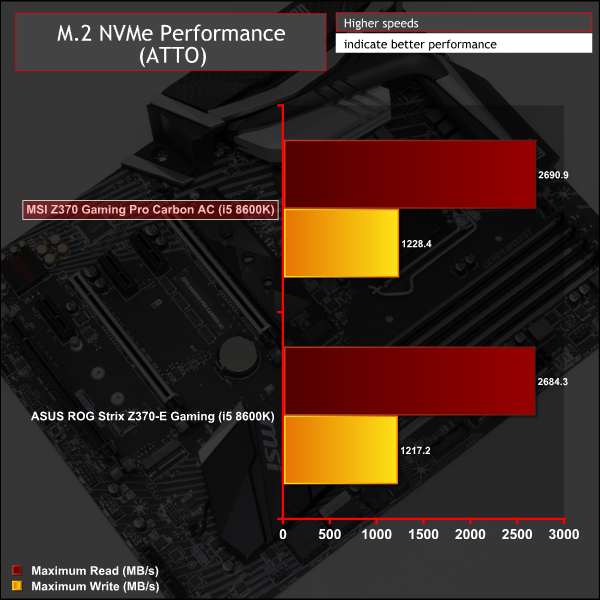
M.2 performance continues to max out the drive, as with Z270, and MSI's M.2 Shield did a good job in keeping the SSD temperature out the throttle zone even after prolonged heavy loading.
USB Performance
We test USB 3.0 and 3.1 performance using a pair of Transcend SSD370S 512GB SSDs in RAID 0 connected to an Icy Box RD2253-U31 2-bay USB 3.1 enclosure powered by an ASMedia ASM1352R controller.
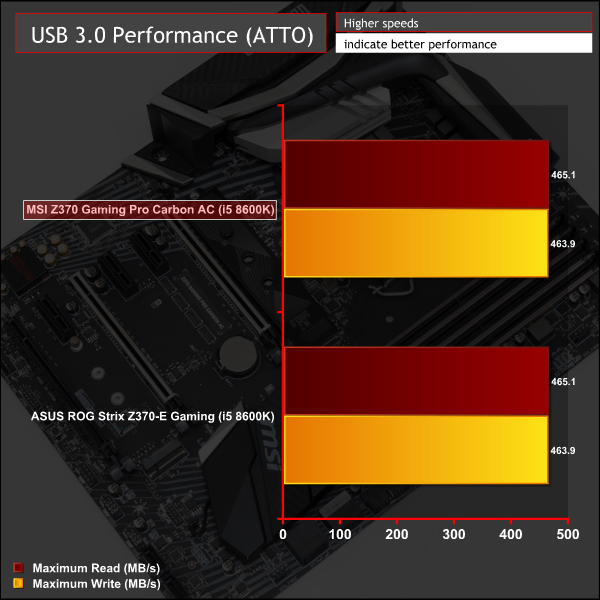
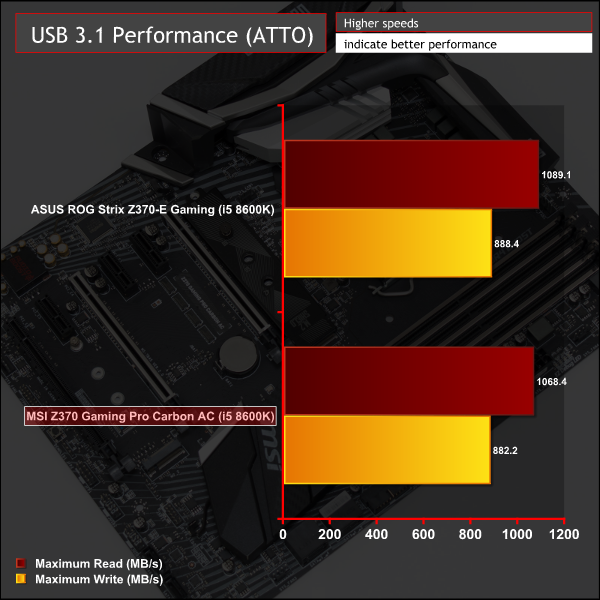
USB 3.0 and 3.1 performance is typical and revealed no anomalies, we saw similar numbers on Z270.
SATA 6Gbps Performance
For SATA 6Gbps testing we use an OCZ Trion 150 480GB SSD.
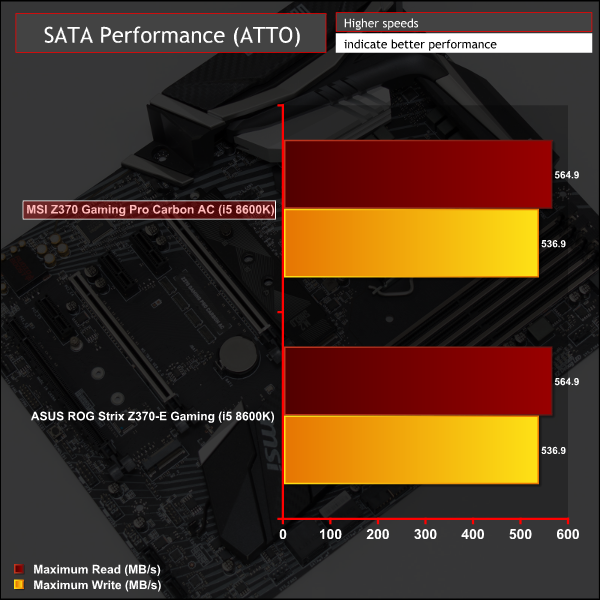
SATA, like USB, is eerily similar to Z270.
Audio
Rightmark Audio Analyser is a freeware benchmarking utility designed to objectively test the performance characteristics of audio solutions. We setup a line-in line-out loop and execute the record/playback test before generating the results report you see below. A sampling mode of 24-bit, 192 kHz is tested where available. If unavailable the closest alternative operating mode available is used and clearly marked.
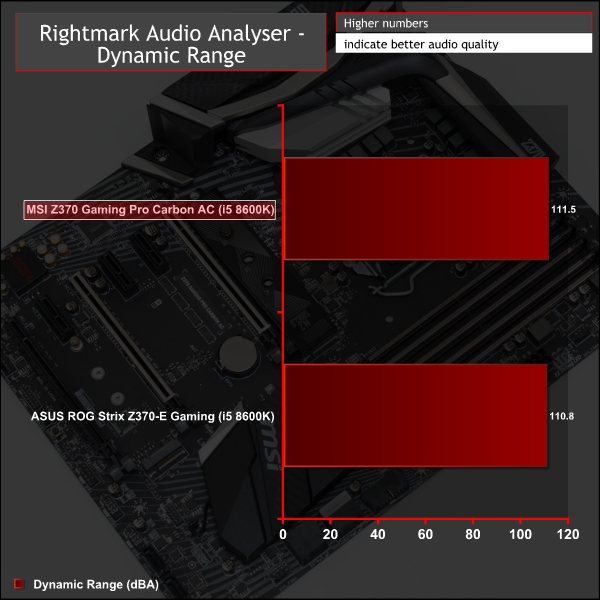
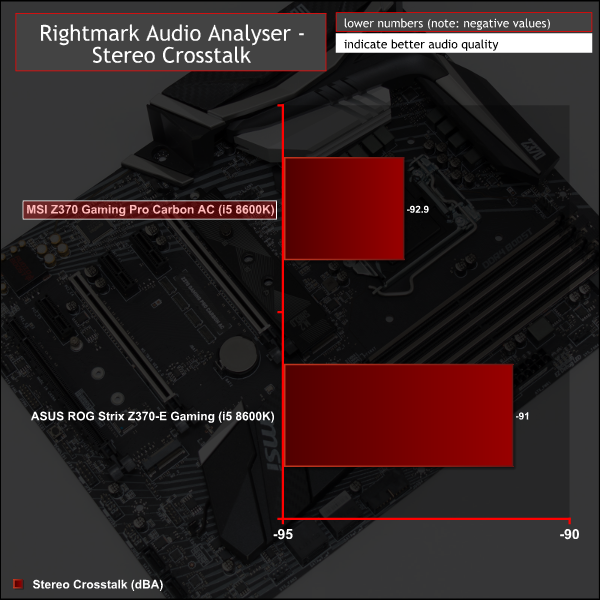
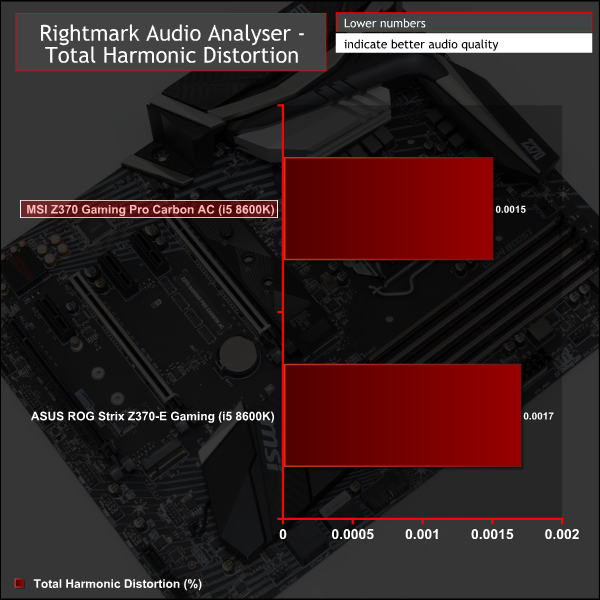
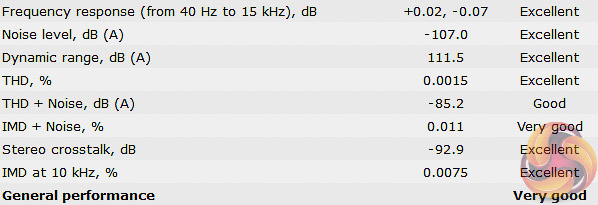
Audio performance is marked as Very Good overall with 6 Excellent, 1 Very Good and 1Good. MSI does well to squeeze every last drop of performance out of the Realtek ALC1220 codec, which has been a mainstay of Z270, X299, X370, X399 and other high-end motherboards for a while now.
 KitGuru KitGuru.net – Tech News | Hardware News | Hardware Reviews | IOS | Mobile | Gaming | Graphics Cards
KitGuru KitGuru.net – Tech News | Hardware News | Hardware Reviews | IOS | Mobile | Gaming | Graphics Cards


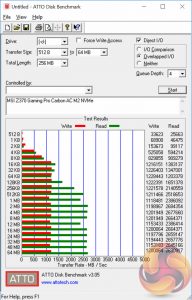
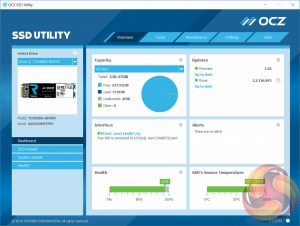
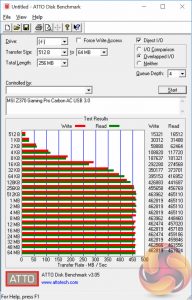
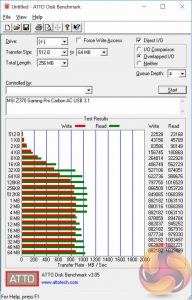
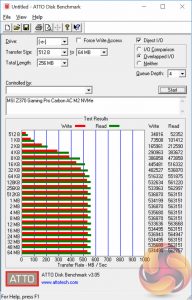
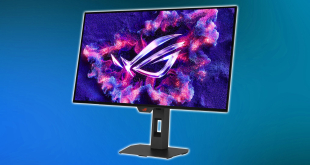
Hi guys,
Indeed, this mobo gave you a nice results with this cpu.
But is it worth to buy it in combination with 8700K or maybe target some other model (of mobo) to get best results?